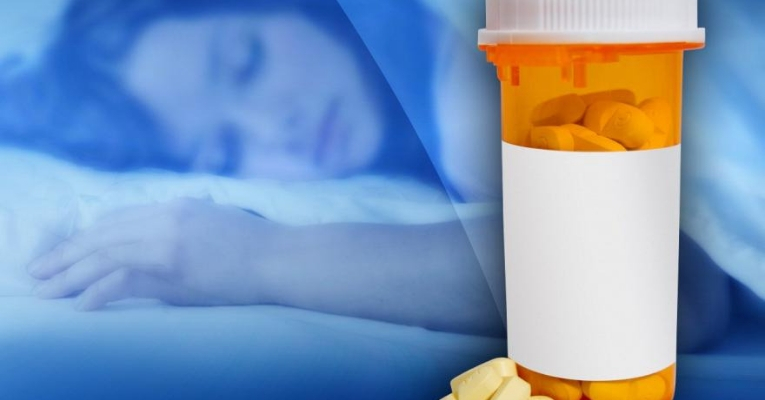Big Pharma
FDA: Ambien is Making People Kill Themselves in Their Sleep

The federal government has long offered small warnings about the potential side effects of sleep medications such as Ambien, which is infamous for placing users into a drug-induced stupor.
However, the Food and Drug Administration (FDA) is now issuing its strongest warning yet in its latest safety announcement.
The FDA is rolling out new boxed warnings about the potentially deadly effects of popular sleeping aids Lunesta, Sonata, and Ambien—along with their generic formulations. The agency has also mandated an entirely separate warning against granting prescriptions to those with a history of sleepwalking. The warnings are a result of studies carried out over the past 26 years involving 66 cases that directly resulted in serious injuries, according to The New York Times.
According to FDA research, the cases included “accidental overdoses, falls, burns, near drowning, exposure to extreme cold temperatures leading to loss of limb, carbon monoxide poisoning, drowning, hypothermia, motor vehicle collisions with the patient driving, and self-injuries such as gunshot wounds and apparent suicide attempts.”
The agency added:
“Patients usually did not remember these events.”
Sleeping pill prescriptions have grown exponentially from about 5.3 million in 1999 to over 20 million in 2010. The Times reports that approximately one in eight people with sleeping difficulties have reported taking the drug. Among those of retirement age, over a third have reported taking a sleeping aid.
By laying out the dangers of sleeping medications and finally requiring the boxed warnings, the agency is going far beyond its previously tepid warnings against next-day fogginess or cognitive impairment. The last such warning in 2007 simply warned that many patients experienced strange nighttime incidents after taking Ambien.
In a press release, FDA Acting Commissioner Ned Sharpless said:
“We recognize that millions of Americans suffer from insomnia and rely on these drugs to help them sleep better at night… these incidents are rare, they are serious and it’s important that patients and health care professionals are aware of the risk. These incidents can occur after the first dose of these sleep medicines or after a longer period of treatment, and can occur in patients without any history of these behaviors and even at the lowest recommended doses.”
The risk of half-sleep incidents has been an open secret among those acquainted with the drugs or their users. Sleeping pills have been frequently tied to cases ranging from “Ambien sex” to binge-eating, vehicular homicide, and a range of other bizarre behaviors. Even strange tweets by figures such as Tesla founder Elon Musk or disgraced comedian Roseanne Barr have been blamed on Ambien.
Ilene Rosen, former president of the American Academy of Sleep medicine and professor of clinical medicine at the University of Pennsylvania’s school of medicine, told The Times:
“I am surprised to see this warning come out now … This is something I’ve been telling my patients for the last 15 years, and in the sleep community this is well known. And I’d like to think we’ve done a good job putting the news out there, that these drugs have some risks.”
Typos, corrections and/or news tips? Email us at Contact@TheMindUnleashed.com
